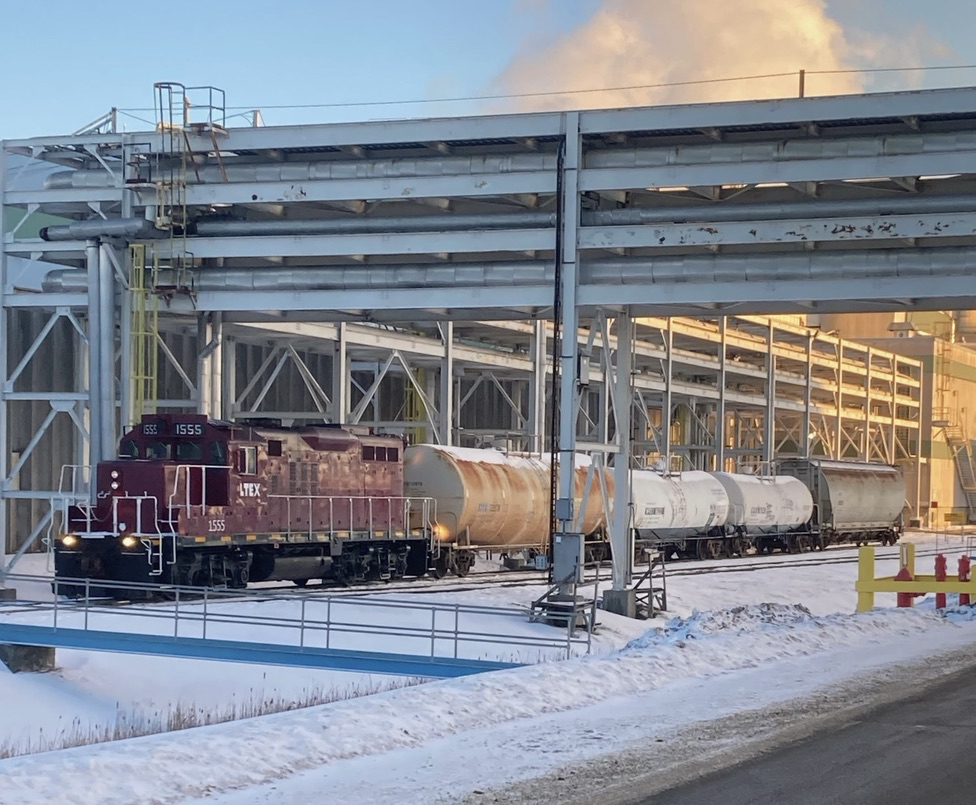
BRUNSWICK, Maine — Maine Switching Services on Monday (April 28) finalized a lease agreement with Maine’s Department of Transportation that will allow freight operations to resume on the 56.6-mile, state-owned former Maine Central branch between Brunswick and Rockland, Me.
The operating entity will be known as the Cumberland & Knox Railroad (CKRR), named for the counties where the route’s endpoint cities are located.
At the same time, Cumberland & Knox has submitted a proposal to operate the “Lower Road,” a 33.5-mile, ex-Maine Central line from Rock Junction, just east of Brunswick, to the state capital in Augusta.
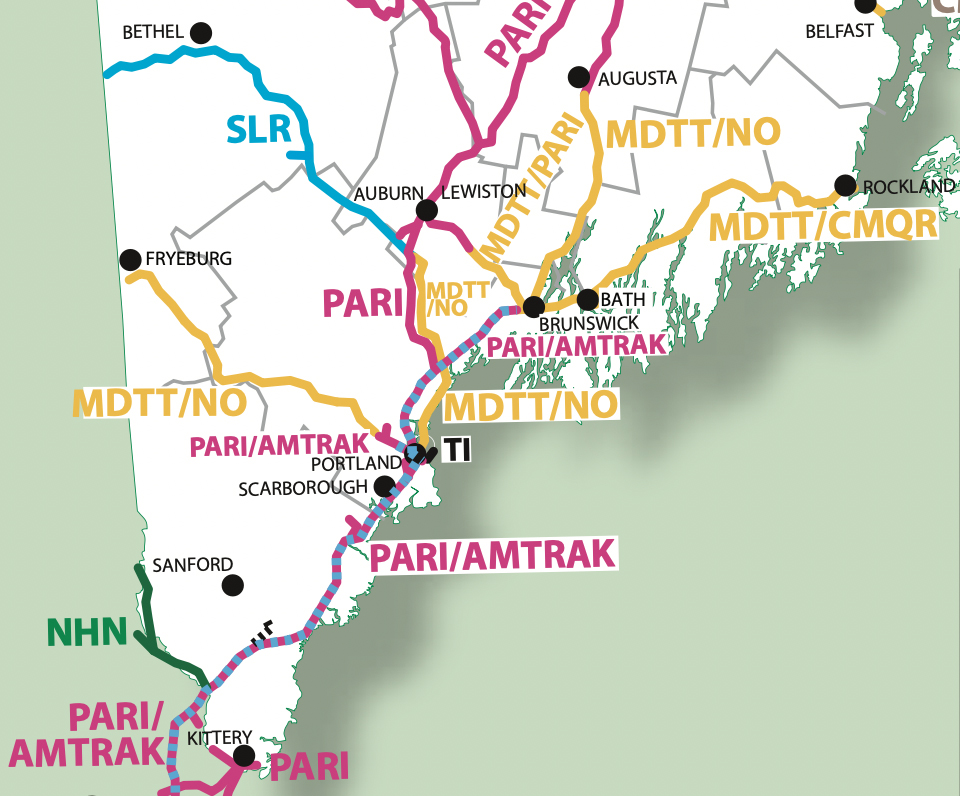
Maine Switching, which operates trains on the state-owned Belfast & Moosehead Lake Railroad and currently moves railcars at paper mills in Rumford and Skowhegan, Me., secured operating rights to the Rockland branch in January. The route’s previous operator, Midcoast Railservice, discontinued operations after on-line industries sharply reduced shipping by rail [see “Maine DOT selects …,” News Wire Jan. 9, 2025].
One of those companies, Dragon Cement Products of Thomaston, is ready to resume freight service after being purchased by Heidelberg Materials. Finn Kelly, Maine Switching’s government affairs manager, tells News Wire the company has loaded railcars at plants in Pennsylvania and South Carolina that are ready to ship to the Thomaston factory for processing.
Midcoast’s last operation on the branch occurred in October 2024. Since then, Maine DOT has made regular hi-rail inspections but highway crossing signals have been shut off.
“Now that the lease agreement is signed, we are reactivating and testing track circuits and equipment,” Kelly says. “When cars show up for Dragon [at the CSX Brunswick interchange], we’ll move them. Potential customers have resorted to trucking, which is not ideal for them, and have told us they would like to move back to rail as soon as possible.”
Motive power assigned for initial CKRR operations has not been determined, but Kelly thinks it will likely be a Maine Switching GP9.
Passenger prospects
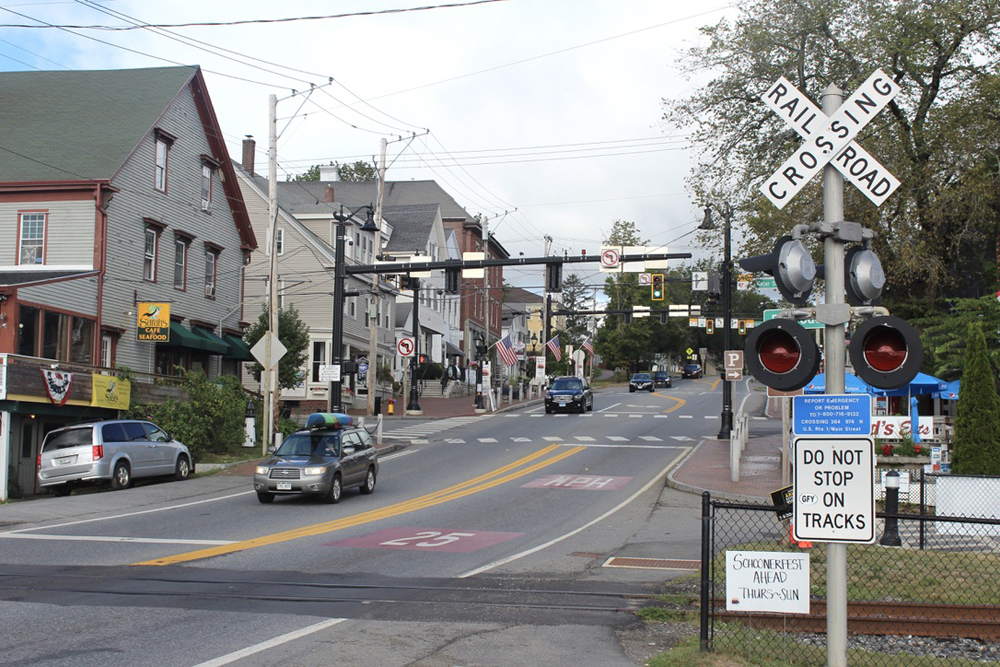
While freight service will begin soon, the company says in a statement, “It is the continued goal of CKRR to offer passenger rail service on the Rockland Branch.” The railroad “is currently determining the best excursion rail operations, including what equipment will be used, where stations may be located, and when it will be most practical to commence any excursion passenger rail.”
Maine Switching never said it planned to operate regularly scheduled passenger trains in its proposal to Maine DOT. That type of operation, with or without direct involvement by Amtrak or the Downeaster’s Northern New England Passenger Rail Authority, would come with costly liability insurance requirements that laws currently don’t require of excursion service.
Reactivating “Lower Road” operations “recognizes the essential need to support freight and passenger operations on the Rockland Branch,” Cumberland & Knox states in a press release. Maine Switching Services president Joe Feero adds, “Limited space in the Brunswick terminal area, as well as Rock Junction, make expansion of rail support facilities limited.”
The Lower Road once hosted the majority of Maine Central’s passenger trains to Waterville and Bangor; other trains operated on tracks CSX now owns via Lewiston. But the heavily treed route Cumberland & Knox seeks hasn’t seen activity in more than a decade, except for some Midcoast railcar storage near Brunswick. The release notes acquiring the line will “better position CKRR to capture the growing demand for rail tourism, expand on the success of the growing rail cycle industry, and work with business and community partners to develop freight traffic.”
Such a plan portends sequencing capital improvements that won’t require the kind of substantial upfront expenditure the Downeaster needed when it launched Boston-Portland, Me., service in December 2001, and extended to Brunswick in 2012. Staking out a claim to operate what is now dormant trackage attempts to rebut widespread efforts by Maine’s increasingly vocal trail-only proponents who seek to rip up inactive or lightly-trafficked state-owned rail routes.
The company says, “Cumberland & Knox has engaged in open dialogue with advocates of rail removal to collaborate on possible solutions to meet the needs of both rail usage and recreational trail interests along the Lower Road corridor.” Feero adds, “We envision that the Lower Road to Augusta and beyond will be well-suited for hybrid passenger rail … and welcome the opportunity to partner with Maine DOT to explore various options before rail is removed from the corridor.”
Asked to elaborate on what “hybrid” might mean, Kelly tells News Wire, “We are looking into what is practical for us, NNEPRA, and the state for some kind of passenger service on the Lower Road that is consistent with all of our needs.”






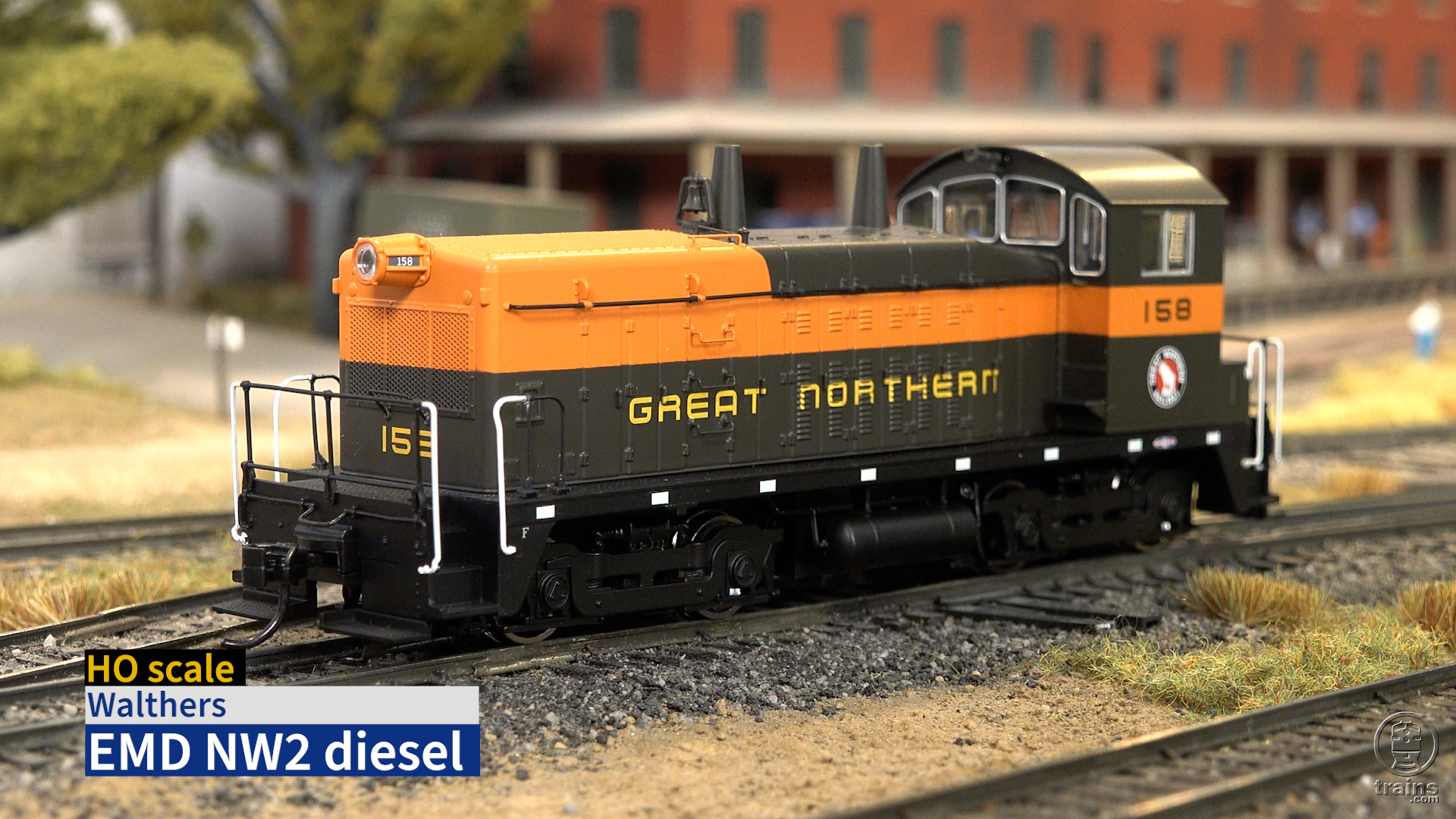

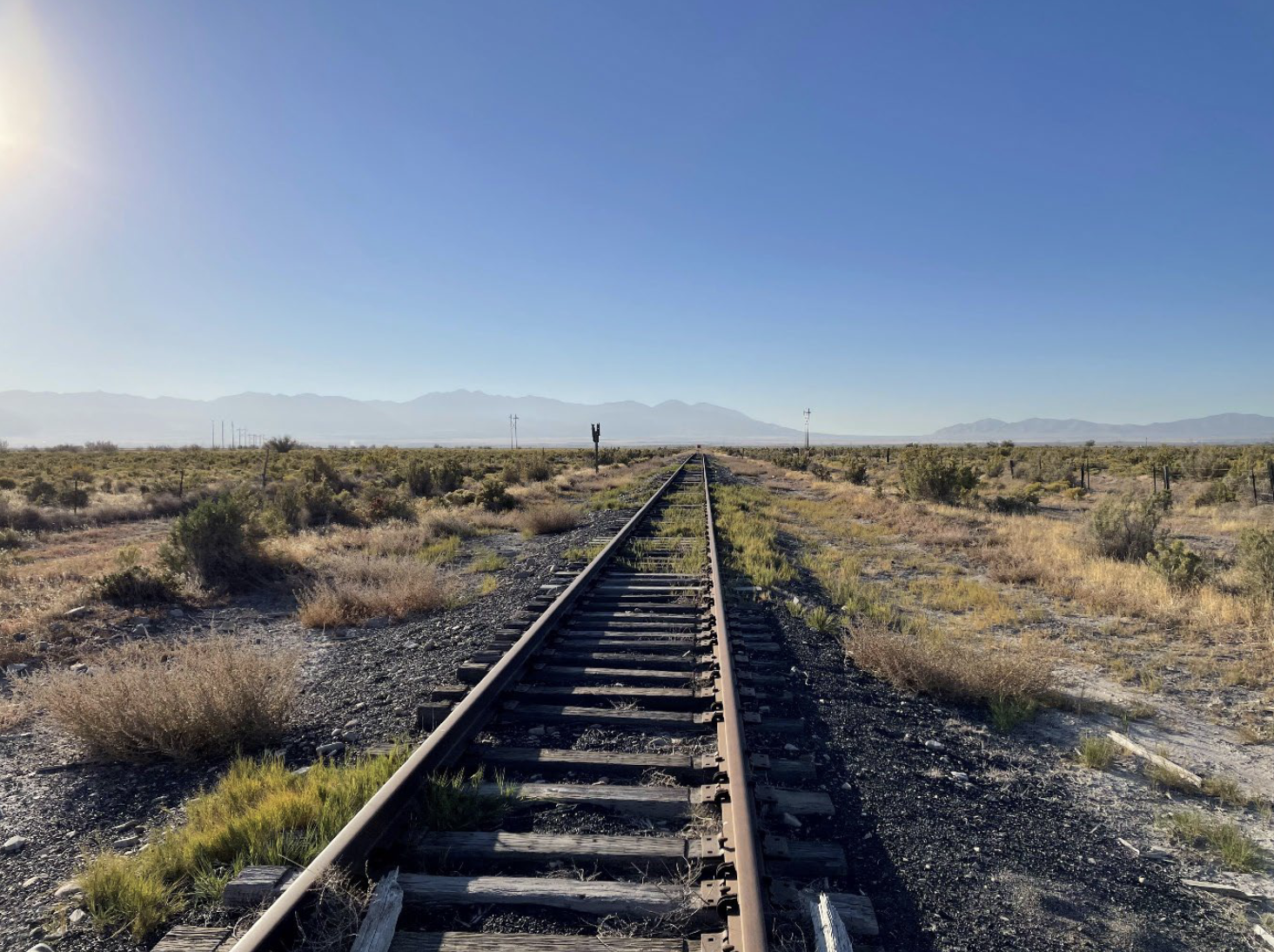
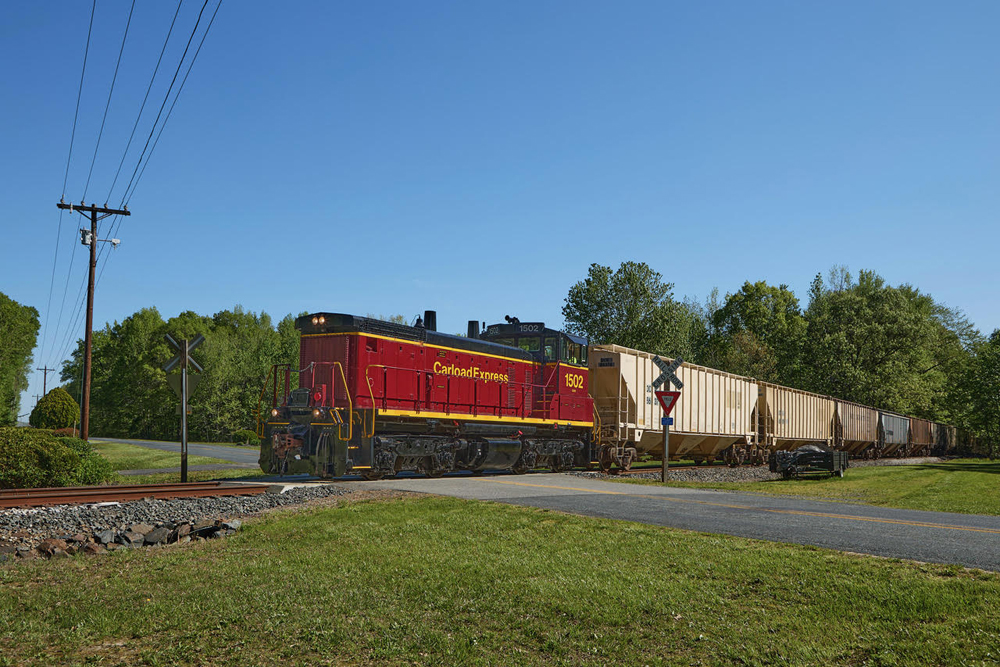




The revival of the Rockland Branch may happen but forget the “Lower Road” thru Augusta. The tracks are still in place in most places but the cost to rehabilitate the line will be exorbitant even for a tourist operation. There is a bridge out north of Richmond, the grade crossings are paved over in Hallowell and the line is covered in gravel and turned into a horizontal parking lot in downtown Augusta. (I believe that there is a clause in the contract between the state and the city that if the state ever was to revitalize the railroad line the state would have to replace the lost parking spaces on a one for one basis.) Most of the ties in certain areas have rotted into the ground and will need replacement. Several years ago, a tourist operation was started using a Budd car but gave up after a while because of the lack of passengers and track conditions.